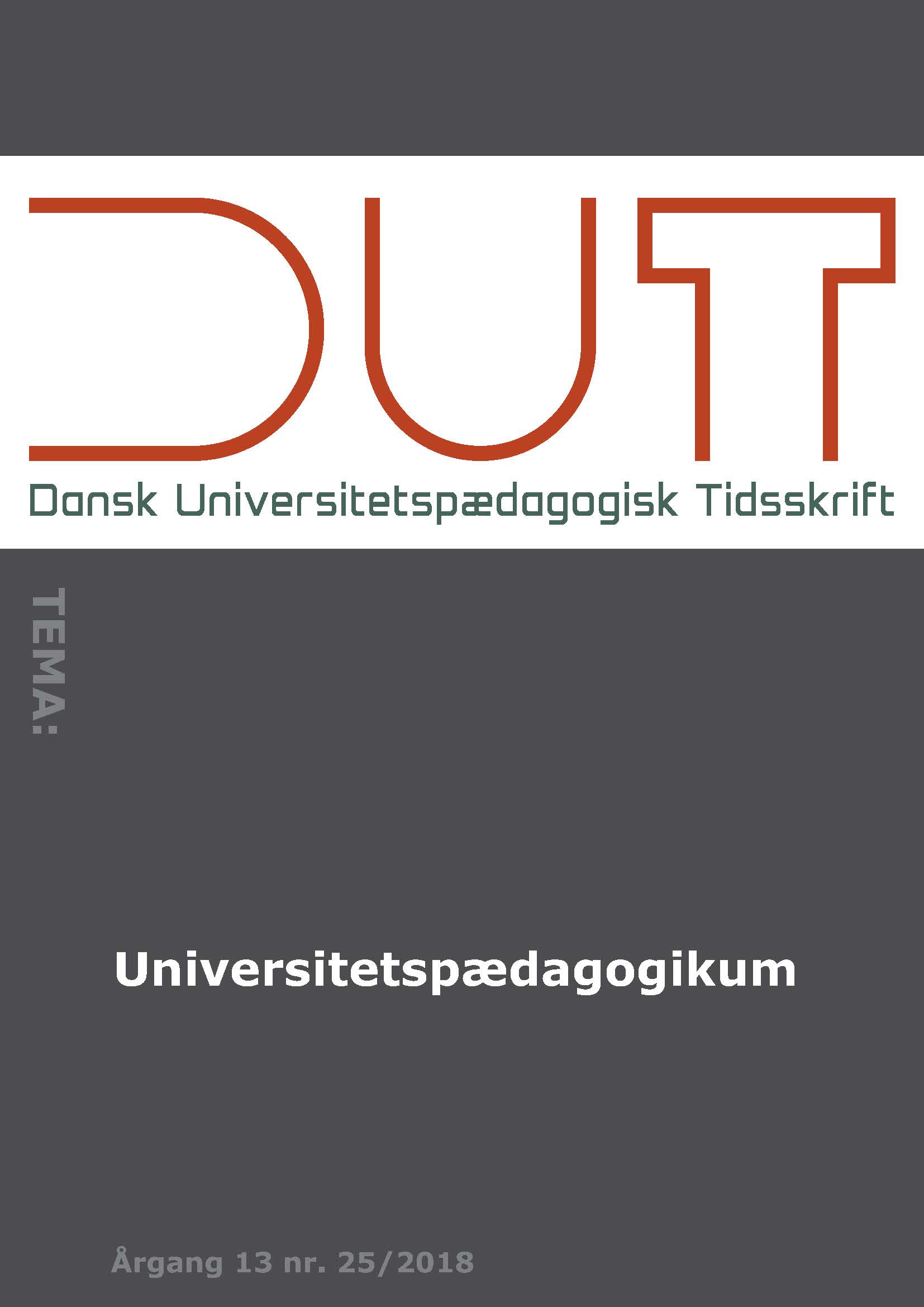Peer feedback among international PhD students
DOI:
https://doi.org/10.7146/dut.v13i25.104668Resumé
In a PhD course for new PhD students peer feedback was introduced to reduce teacher time on feedback and to enhance the learning environment. The results of the changes to the course are not conclusive with regards to teacher time, since there were also oth-er changes made to the programme, but overall teacher time on giving feedback has been reduced. Peer feedback in higher education is seen as one way to enhance the learning environment for students as it builds on principles of formative feedback dur-ing the course of study and when students give feedback it has been shown to enhance learning. The results from this study support this view, but improved learning was only observed after peer feedback was integrated in teaching and learning activities em-bedded in the course rather than as an add-on.
This article describes and evaluates the introduction of an element of peer feedback in a PhD course. Peer feedback was introduced with the double goal of saving teacher time and enhancing learning outcomes. The changes made to the course were initiated as a development and learning project undertaken as part of my participation in the Teaching and Learning in Higher Education Programme (Universitetspædagogikum) in 2016. The aim of the article is to share experiences that indicate that this double goal is achievable when a) assessment (or feedback) criteria are explicit and shared and b) peer feedback is an integral part of the course.
Downloads
Publiceret
Citation/Eksport
Nummer
Sektion
Licens
DUT udkommer elektronisk via Statsbibliotekets Open Journal System (Tidsskrift.dk) og DUNs hjemmeside (DUN-net.dk) forår og efterår. Det er gratis og frit tilgængeligt at læse og downloade artikler fra tidsskriftet.
Det er ikke muligt at abonnere på Dansk Universitetspædagogisk Tidsskrift, DUT, men hvis du er medlem af DUN, får du tilsendt en nyhedsmail med link til udgivelsen, når den nyeste udgave er online. Linket vil også være tilgængeligt her på siden, så snart tidsskriftet er publiceret.
© Copyright
Artikler publiseret i Dansk Universitetspædagogisk Tidsskrift, DUT, må bruges (downloades) og genbruges (distribueres, kopieres, citeres) til ikke-kommercielle formål med reference til forfattere og Dansk Universitetspædagogisk Tidsskrift.
Artikler indsendt til Dansk Universitetspædagogisk Tidsskrift må ikke publiseres i andre tidskrifter.
Betingelser
Artikler i Dansk Universitetspædagogisk Tidsskrift, DUT, er omfattet af ophavsretsloven, og der må citeres fra dem.
Følgende betingelser skal dog være opfyldt:
- Citatet skal være i overensstemmelse med „god skik“
- Der må kun citeres „i det omfang, som betinges af formålet“
- Ophavsmanden til teksten skal krediteres, og kilden skal angives ift. ovenstående bibliografiske oplysninger.





